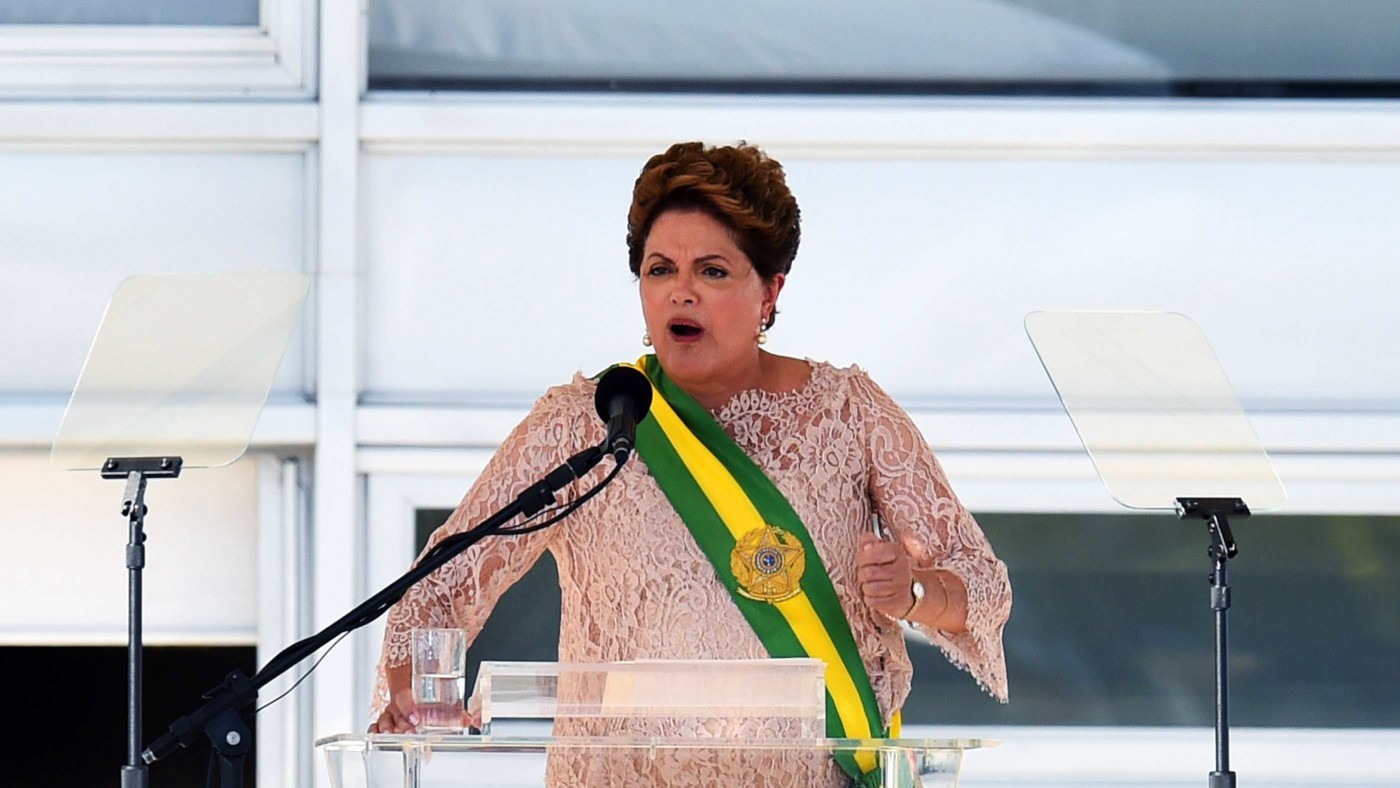The increase in anti-corruption campaigns in Brazil can be dated to 2005 when former President Luiz Inacio Lula da Silva’s top aides were accused of paying legislators to support and enforce their bills. This unleashed a series of investigations into the activities of Brazil’s economic and political elite, revealing endemic corruption: in Sao Paulo, 33 businessmen are currently accused of running a cartel that profits from the city’s subway system; and more famously, 52 people at the country’s state-run oil company, Petroleo Brasileiro SA (Petrobras), are facing charges for money laundering and racketeering.
Some commentators regard this as a great success – this flurry of legal activity is the product of a growing middle class and independent agencies who are increasingly capable of tackling these high profile probes, evidence perhaps cited in the 2012 arrest of Silva’s chief of staff who, amongst others, was operating a cash-for-votes scheme. Yet the recent scandal at Petrobras puts the current President Dilma Rousseff at the heart of the crime scene. (Ms Rousseff served as chair of the Petrobras board for seven years until 2010). Rousseff has denied any knowledge of wrongdoing, namely the formation of cartel to artificially increase prices of Petrobras’ major infrastructure projects, accepting bribes from OAS SA (one of Brazil’s largest engineering and construction companies), and pouring anything up to $3.9bn into a government kickback scheme. Regardless of her possible participation, it seems the corruption ‘crackdown’ has got Brazilian politics nowhere. Anger at the ongoing cat-and-mouse game of catch up, or catching out, the political and business elite seems likely to erupt soon. There were protests last year, largely overshadowed by the FIFA world cup, but with the increasingly ominous economic cloud moving in over the country, supposed champion of the working class and social welfare Rousseff is going to be under close watch to keep to her inaugural promises.
Rousseff, who was sworn in for a second time on the 1st of January, only narrowly kept her office as it was, beating centre-right opponent Aecio Neves 51.6% to 48.4%. With the full impact of Petrobras scandal yet to be revealed, the President is lucky the affair only emerged when it did. The problems she now faces are the economic spillover effects: Petrobras shares themselves have dropped by more than half since their peak in September (also due in part to falling oil prices), but construction company OAS SA is now facing default warned credit raters Fitch Ratings who downgraded the company seven levels to a C after it failed to pay the $16 million interest on its debt payments at the beginning of January. The company is now having to sell assets to boost its liquidity. Bonds due in 2021 have plunged to 33 cents on the dollar from more than 90 cents in November, and have been dubbed a ‘pitiful junk bond’ by Forbes.
This is one of the country’s largest construction companies – there is even less hope for the smaller players who successfully bought bids from Petrobras. On the flip side, politicians are going to have less money to play with now as well. To give it some perspective, Petrobras’s chief of refining from 2004 to 2012, Paulo Roberto Costa, secured for the political fund 3% of the value of all contracts won by construction companies from his division.
The power of the Workers’ Party (Partido dos Trabalhadores) teeters dangerously on Rousseff’s ability to re-start the country’s economic growth and win genuine democratic support rather than buying it as the discoveries of corruption continue to mushroom.


